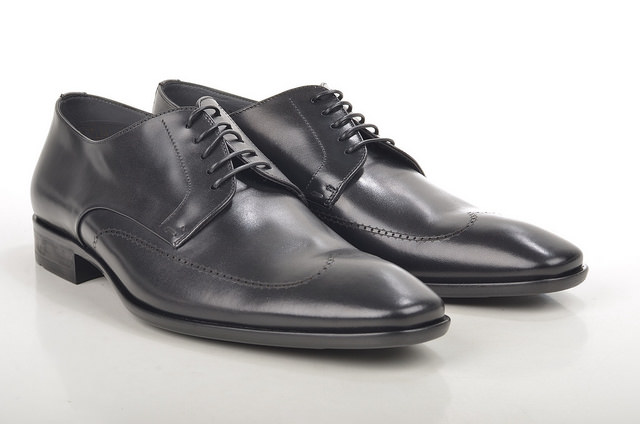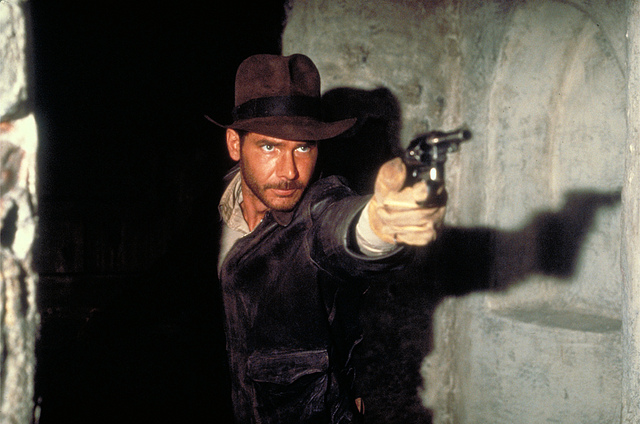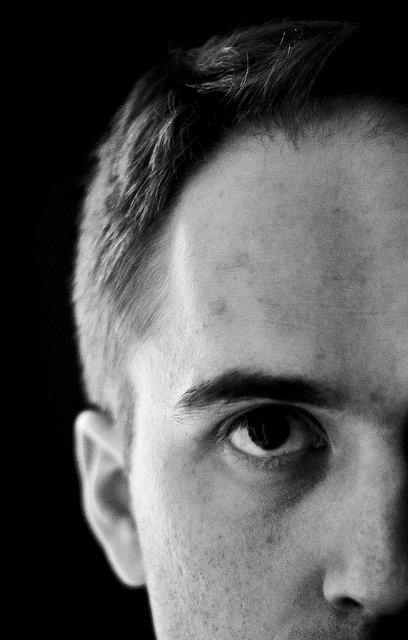blog
Getting the promotion
Securing a senior promotion is cause for celebration and a recognition of both achievement and potential yet to be released. Getting the promotion will most likely have been preceded by careful preparation, consideration of strengths and capabilities (and adaptability to the new role), research, nurturing of strategic relationships and some carefully pitched self-development.
A promotion in the same department
However, when the promotion is within the same department that the individual is already working in, it brings complexities that they may not have anticipated.
Landing the job is different from doing the job
At an operational level, leaders may find that they’ve focused so much effort on actually getting the job that they get stuck in that focus – and as a result they don’t put enough effort, or not early enough, into making a success of the role once they’re in it. Landing the job not only demands different skills and approaches from doing the job, but the individual may also fail to notice that, having got to the peak of the mountain, they can’t just stop there, because another peak (or at least a journey) urgently awaits them.
New leadership skills to master
For those who have been promoted from a management role to a leadership role there are a range of new leadership skills to master: no longer is the task to do things right, but rather to do the right thing, to take a strategic approach rather than a tactical one. This demands the ability to develop and convey a mission that will energise and motivate the team, and from there to develop and communicate a strategic vision that will inspire, sustain and engage.
Communication
The task of communication will change in terms of both content and process: new issues, at new levels, need to be communicated, and the way in which they’re communicated – and with whom – need careful consideration and implementation. Managing upwards may bring a new focus in the light of leading downwards. How, for example, is the strategic vision to be evolved, and how to gain buy-in to it?
The need to see the whole picture
When enhanced status and title are in the spotlight, how will the individual ensure these are not so dazzling that they forget the power of demonstrating a readiness to learn and to be vulnerable, and to be courageous (and of course these are not always easy bedfellows) but without ego? The key lies in frequently stepping back to view the whole picture, to review the overall task, to remember that while the task of leadership is both to spearhead and to enable and equip, the leader is part of a system in which they affect – and are affected by – countless, complex relationships with others.
Changes in relationships
For some newly-promoted leaders (whether they were already in leadership roles or not) some of the hardest challenges relate to changes in relationships: peers who were friends now become direct reports – and with that transition comes the need to withdraw from some of the comfortable familiarity (the after-work drinks, or the unfettered sharing of gossip, for example) and put a distance into the relationship which allows for more objective judgments and a more formal level of behaviour.
For individuals who have enjoyed the warmth of friendly relationships with colleagues this can be an elephant trap: in the first instance they need to recognise that it needs doing, and then they need a strategy to make it happen with elegance and the sustaining of trust. They need a new identity, a clear awareness of the kind of leader they want to be, the kind of mood they want in the team, and a new place in the team, in relation to both those they lead and those they report to.
Constellations
The latent conflicts that can erupt within an individual and between them and both those around them and their new agenda can be usefully surfaced and addressed when they articulate their personal purpose (which often needs some work) and their values. They can usefully illuminate their new place by taking a constellations approach. For more on constellations see, for example, my blogs ‘We’re all part of the systems’ and ‘Identity and authenticity’
Space to reflect: a launchpad for success
In the urgency of delivering the job it can be challenging to create the time to step back and reflect. The creation of this space – whether through reflection alone, the writing of the narrative, or one-to-one coaching – offers a valuable key to the ability of the leader and their team to settle well into their new places and to use that settling as a launchpad for great outcomes.
Photo by SPERA.de Designerschuhe, Taschen und Accessoires via Compfight
From peers to direct reports: the senior promotion
When leaders are promoted - and have focused great effort on actually getting the job - there's a risk of not putting enough effort, or not early enough, into making a success of the role once they’re in it. There may be new leadership skills to master - and one of the biggest challenges is to develop new relationships as leader with people who have previously been their peers.
Read more »Women, careers and personal safety
Senior women at work, especially those working part-time, may not be as safe as they would like. They need to develop career resilience: a flexibility in being prepared for – and handling - the unexpected, and learning from tough experiences so as to feel more resourced for the path ahead.
Read more »'Who are you - really?': article in Coaching at Work
Leaders can become so embroiled in their work that they lose their identity: they have so totally dedicated themselves to achieving outstanding results that they’ve lost touch with the boundary between who they are and the job: they are the job.
Read more »Identity and authenticity
For some people change appears unsafe because they fear they'll no longer be who they are. However, it's not behaviour or thinking patterns that define who we are. What inherently and uniquely defines ‘self’ are our deeply held (and possibly unconsciously-held) values, our natural talents, and what we need from our environments if we are to thrive. We each need to understand our true place in the various sets of relationships that comprise our lives - in other words, our systems. Constellations can help.
Read more »Resilience and transition: an intimate connection
The relevance of resilience to what can be the challenging process of transition is striking. Leaders have change imposed upon them through, for example, merger or acquisition, or they may be moving into new roles, to new organisations, new cultures, or new countries. During these transitions they need to rediscover their internal resources and call on (or build) fresh sources of resilience. The path to (re-)building resilience can be eased by written narrative and (re-)discovering purpose and meaning.
Read more »'Surviving poor leadership': new article in Coaching at Work
My article on my role as coach when I'm working with clients who have a very different concept of leadership from mine, or who are in organisations where the quality of leadership leaves something to be desired, has appeared in the Sept/Oct 2015 issue of Coaching at Work.
Read more »Building organisational wellbeing
A meaningful approach to organisational wellbeing will go significantly beyond tactics and process. Building and nurturing wellbeing has to be a way of being (albeit complemented by a set of actions) if it is to bring any significant results. It is part of the organisational culture – how people are with each other. Wellbeing is everyone’s issue: it is systemic.
Read more »'Become the Leader You Are': review by Mark McMordie
Mark McMordie, Director of Coaching at coaching company Coachmatch, reviews Lindsay's e-book 'Become the Leader You Are: Self-Leadership through Executive Coaching'
Read more »'Under the Influence': new article in Coaching at Work
My article on my own influence (and what happened when I found myself having an opinion rather than staying dispassionate) in coaching sessions has been published in the July/August 2015 issue of Coaching at Work magazine.
Read more »Highly Commended in Coaching at Work awards
At Coaching at Work magazine's annual conference on 1st July 2015 Lindsay was awarded Highly Commended for Coaching at Work's award 2015 in the category Best Thought Leadership Article/Series.
Read more »











